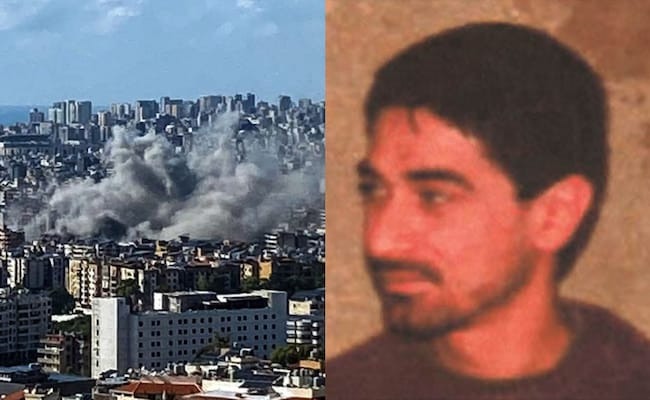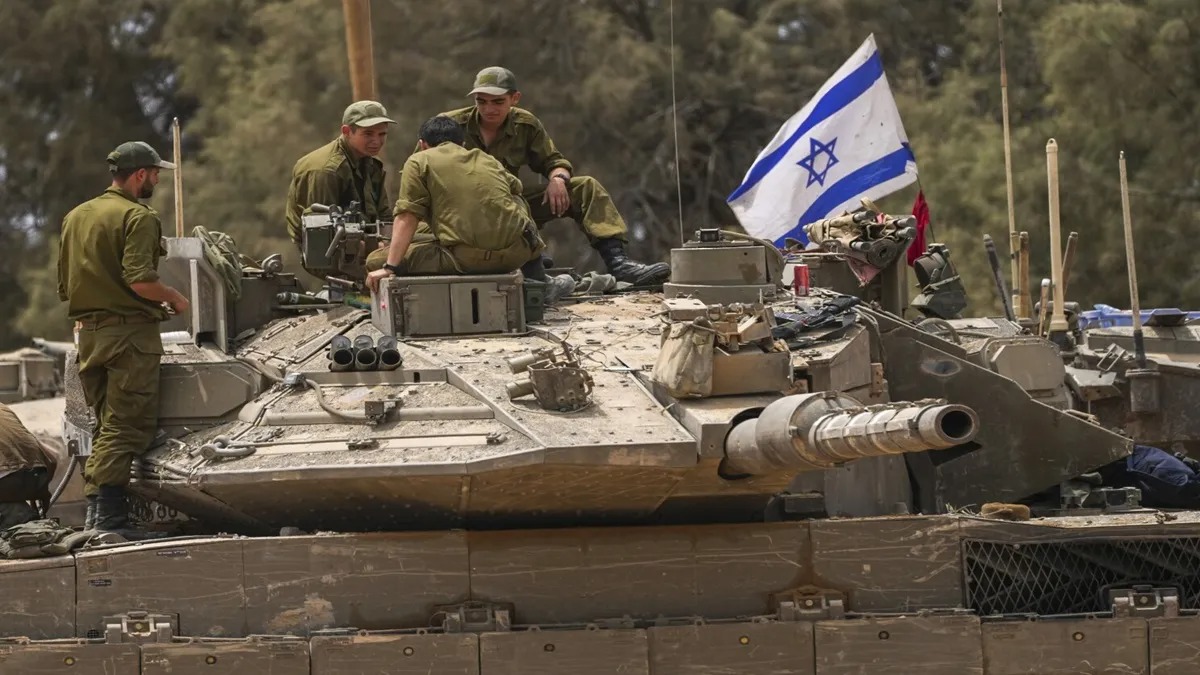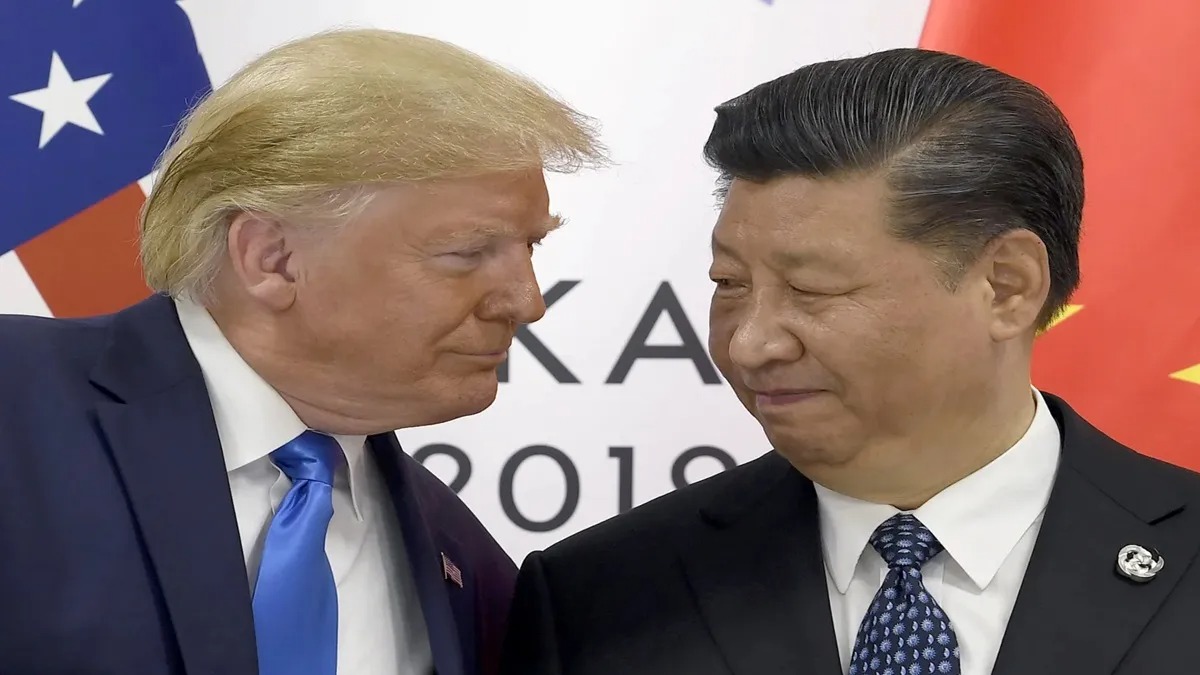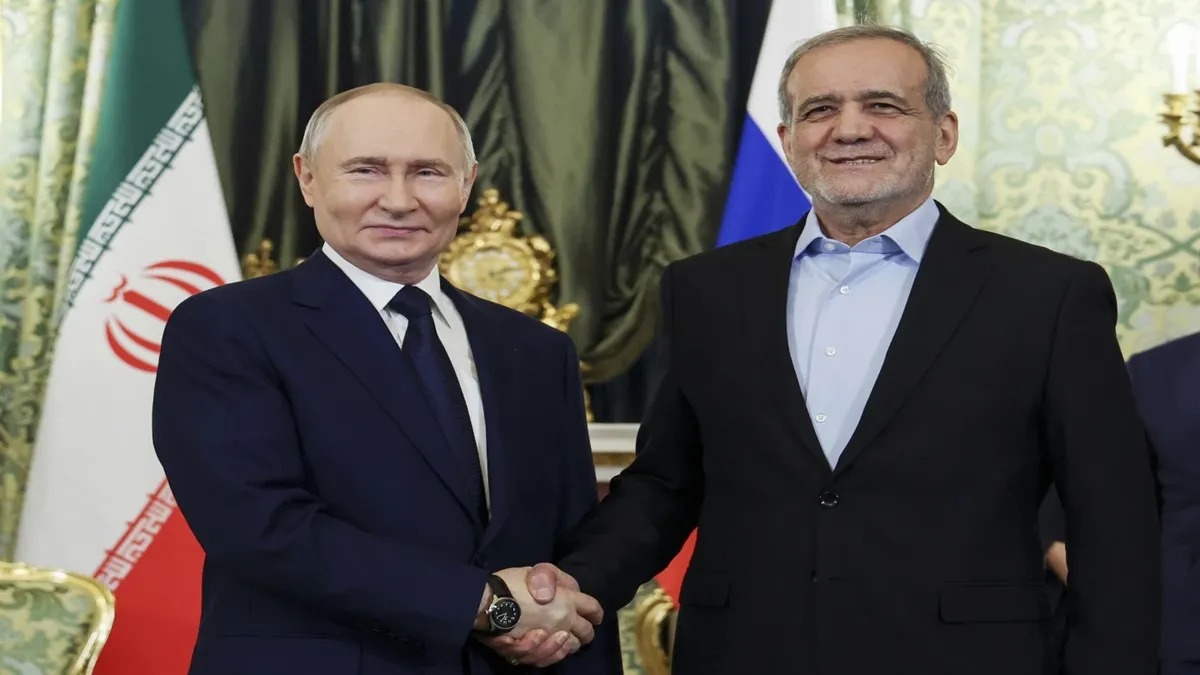
International: Israel announced Friday that it killed Ibrahim Aqil, commander of Hezbollah's elite Radwan Force, in a precision airstrike on Beirut. The attack targeted a meeting of senior commanders, killing at least 14 people, including 10 high-ranking officials.
Here are 10 points on this big story:
Aqil, a senior Hezbollah military figure wanted by the United States for his role in the 1983 bombings of the US Embassy and Marine barracks in Beirut, was hailed by Hezbollah as one of its key leaders. Hezbollah confirmed his death, calling him a "great jihadist leader."
The United States had placed a $7 million bounty on Aqil for his involvement in the 1983 bombings that killed hundreds of Americans in Lebanon. Aqil was also implicated in the kidnapping of American and European hostages in the 1980s.
The airstrike, which struck Hezbollah's stronghold in southern Beirut, left significant damage, including a massive crater and a destroyed high-rise building. Rescue workers continued to search the rubble for survivors. In response to the airstrike, Hezbollah fired dozens of rockets at Israeli military positions.
Aqil's death marks a serious blow to Hezbollah's leadership, especially as it comes just weeks after the death of Fuad Shukr, another senior Hezbollah commander, in a similar Israeli airstrike. Both men were top figures within Hezbollah's military operations and played key roles in planning attacks against Israel.
The strike follows two days of explosions earlier in the week, which targeted Hezbollah's communication devices and killed 37 of its members.
Israeli military officials said that Aqil was killed while meeting with other commanders to plan further attacks against Israel, including a potential invasion of northern Israeli territories. The Israel Defense Forces (IDF) described the meeting as part of Hezbollah's "Conquer the Galilee" plan, an operation aimed at infiltrating Israeli communities.
The United Nations and regional actors expressed concern over the growing escalation. UN Secretary-General Antonio Guterres' spokesman, Stephane Dujarric, called for restraint from all sides. The strike has also drawn strong condemnation from Iran, which supports Hezbollah, accusing Israel of broadening the war's geography.
Iran's foreign ministry denounced the attack as a violation of international law, while Hezbollah vowed retribution. Israel, however, defended the operation as necessary for its national security. Admiral Daniel Hagari, an Israeli military spokesman, stressed that Israel did not seek a broader conflict but was determined to neutralise threats to its citizens.
Hezbollah and Israeli forces have exchanged fire almost daily along the Israel-Lebanon border since the Gaza war began in October. The war, sparked by Hamas' deadly attack on Israel on October 7, has drawn Hezbollah into the conflict. Hezbollah has launched rocket attacks into northern Israel, which have intensified in recent weeks.
Lebanon's Health Ministry reported that the strike killed 14 people and wounded 66 others, and they expect the death count to rise. Local residents have described the bombardment as some of the heaviest in years.
--Advertisement--

 Desk
Desk Share
Share






